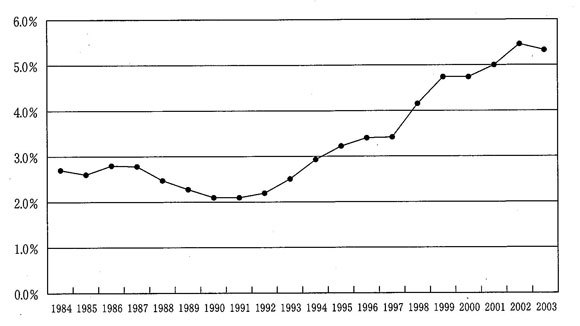I love to nap. When after-lunch grogginess hits and my eyelids start to droop, nothing makes me happier than finding a comfortable spot and drifting off to sleep for half an hour. But to my wife, my napping is the sign of a basic character flaw. "You're napping again? I can't believe how lazy you are!"
It's a misguided attitude. 1)As a species, we seem designed to nap. Sleep researchers have long known that our natural circadian rhythms* show two distinct dips* in energy and alertness. The major dip starts in the late evening, helping us get ready for a good night's sleep. But there's another significant dip in the early afternoon that, in a saner world, would have us all dropping off. From an evolutionary point of view, this pattern makes some sense - our ancestors evolved in the tropics, where a desire to sleep during the hottest part of the day probably helped ensure survival.
Sleep researcher Claudio Stampi, founder of the Chronobiology Research Institute in Boston, thinks the tendency to nap might have an even deeper meaning. It could be the remnant of ancient (2)"polyphasic sleep" - a sleep pattern with no long nighttime sleep but lots of short naps throughout the day and night. Many animals sleep this way, as well as newborn babies. If Stampi is right, there was a time when our pre-human ancestors slept only in naps. Still, by the time we were fully human, about 100.000 years ago. we had probably settled into getting our sleep in two major chunks: the big one at night, with a smaller chunk during the day. Modern hunter gatherers, whose lifestyle is closest to that of early humans, tend to be big on afternoon snoozing.
[語句ノート] circadian rhythms*24時間周期リズム dips*低下
1.下線部(1)を日本語に直しなさい
2.下線部(2)"polyphasic sleep" はどんな「眠り」か、文に即して説明しない。
